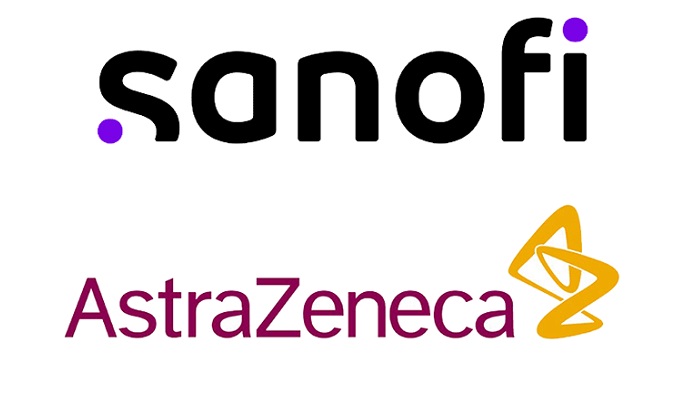Beyfortus has received approval from the Committee for Medicinal Products for Human Use (CHMP) of the European Medicines Agency to treat lower respiratory tract sickness caused by the respiratory syncytial virus (RSV) in neonates and young children.
If authorised, Beyfortus, also known as nirsevimab, would be the first and only passive immunisation given in a single dose to the whole baby population, such as those born healthy, at term or preterm, or with specific medical issues. Sanofi and AstraZeneca are jointly developing Beyfortus.
Findings from the Beyfortus clinical development plan, including the MELODY and phase 2b studies, served as the foundation for the CHMP’s favourable assessment.
Beyfortus achieved its primary aim of reducing the number of medically treated lower respiratory tract infections (LRTI) brought on by RSV during the RSV season as compared to placebo during the MELODY and phase 2b studies. Beyfortus had a reasonable safety profile for a placebo. In the MEDLEY trial, beyfortus also showed equivalent safety and tolerability characteristics to palivizumab.
The positive CHMP viewpoint is one of the most important public health achievements in RSV in decades and has the potential to lessen the immense physical and psychological burden that RSV can place on families and healthcare systems, said global head of research and development vaccines at Sanofi, Jean-François Toussaint. With this approval, they are one step closer to accomplishing their objective of providing all newborns with a single dose of RSV protection.
This favourable CHMP conclusion emphasises Beyfortus’ promise as a ground-breaking, first-in-class passive immunisation that might alter the medical community’s approach to RSV prevention in newborns, said Iskra Reic, executive vice president, vaccines and immune treatments at AstraZeneca.
RSV is the most common trigger of LRTIs and a major reason why infants are admitted to hospitals, with the majority of cases affecting healthy, full-term newborns. There isn’t currently a preventative approach available for all newborns, and available treatments are only symptomatic.




















